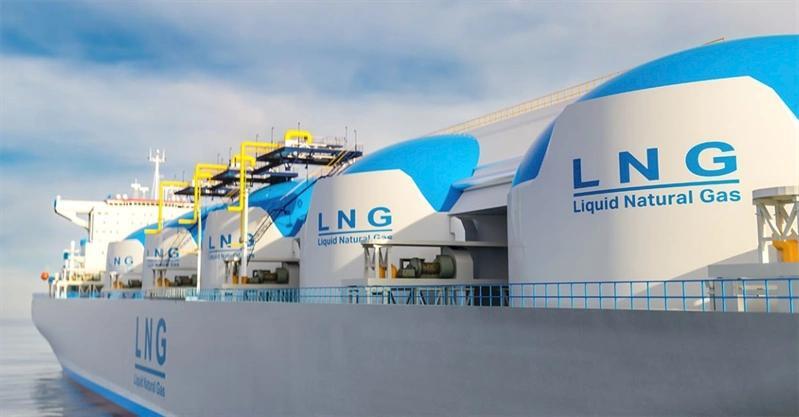
DFPCL, Petronet LNG sign ₹1,200 cr deal for 5-year supply
In a significant development for the energy sector, Deepak Fertilizers & Petrochemicals Corp Ltd (DFPCL) has signed a 5-year agreement with Petronet LNG Ltd (PLL) for the regasification of approximately 25 trillion British thermal units (TBTUs) of liquefied natural gas (LNG) annually. The deal, worth ₹1,200 crore, is expected to ensure a steady supply of LNG to DFPCL’s Taloja facility, thereby strengthening its long-term energy security.
The agreement, which includes a 20% additional outlay provision, is a major boost for DFPCL, which is a leading manufacturer of complex fertilizers, petrochemicals, and other value-added products. The deal will enable the company to secure a stable supply of LNG, which will, in turn, support its operations and help it maintain its competitive edge in the market.
Under the terms of the agreement, PLL will regasify the LNG at its Dahej terminal, which is one of the largest LNG terminals in the country. The regasified LNG will then be transported to DFPCL’s Taloja facility, where it will be used as feedstock for the production of various chemicals and fertilizers.
The deal is significant not only for DFPCL but also for the Indian energy sector as a whole. India is one of the fastest-growing economies in the world, and its energy demand is expected to continue to rise in the coming years. The agreement between DFPCL and PLL demonstrates the importance of partnerships between energy companies in meeting this growing demand.
The deal has also been welcomed by investors, with DFPCL’s stock price rising sharply in response to the news. The company’s shares have been identified as a “multibagger” stock, meaning that they have the potential to deliver returns of 100% or more over the next few years.
The agreement between DFPCL and PLL is a reflection of the growing importance of LNG in India’s energy mix. LNG is a cleaner-burning fuel than traditional fossil fuels, and it is becoming increasingly popular as a source of energy for power generation, industrial processes, and transportation.
In recent years, India has made significant progress in developing its LNG infrastructure, including the construction of new terminals and the expansion of existing facilities. The country is also working to increase its LNG imports, with a target of increasing the share of LNG in its energy mix to 6% by 2030.
The deal between DFPCL and PLL is a significant step forward in this process, and it is expected to have a positive impact on the Indian energy sector as a whole. It demonstrates the importance of partnerships between energy companies in meeting the growing demand for energy in India, and it highlights the potential for LNG to play a major role in the country’s energy mix.
In conclusion, the agreement between DFPCL and PLL is a significant development for the Indian energy sector, and it is expected to have a positive impact on the country’s energy security and the economy as a whole. The deal demonstrates the importance of partnerships between energy companies in meeting the growing demand for energy, and it highlights the potential for LNG to play a major role in India’s energy mix.






